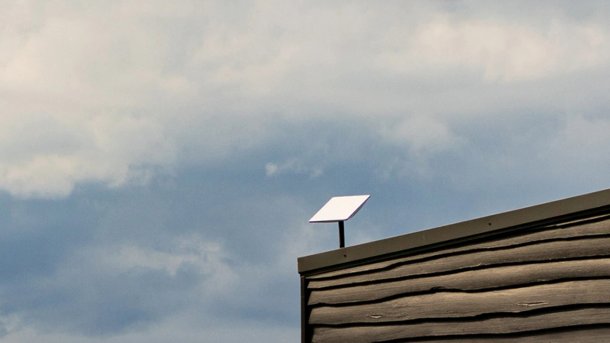Starlink: Available in unreleased countries despite lockdown announcement
Following reports that Starlink works in non-approved countries, SpaceX has announced bans. However, these were probably only implemented half-heartedly.

(Bild: SpaceX)
Although SpaceX has threatened users of the Starlink satellite internet service in unapproved countries that they will no longer be able to connect from May, the service is still available to many people there. This was reported by the US financial magazine Bloomberg, citing people who can still use the service in countries including Sudan and South Africa. Two weeks ago, the Wall Street Journal reported that Starlink users in the two countries and in Zimbabwe had received emails announcing that connections would be cut after April 30. Starlink is officially unavailable in the three countries, while in Sudan the technology is allegedly even being used by the civil war parties.
Flourishing black market for Starlink antennas
Bloomberg has now learned from several people in Sudan, among others, that the satellite internet is still working there. However, others have stated that the connections have been severed. Aid organizations have warned of the consequences if SpaceX does indeed block all Starlink antennas in the country. Hospitals and public food distribution points are dependent on it, and thousands need the technology to survive. At the same time, the parties to the conflict would earn money with Starlink and, at least after the deadline, their systems would continue to function. Even in South Africa, where the terminals were also said to no longer work, the majority reported no problems in a small survey.
The fact that Starlink antennas are increasingly ending up on the black market and being put into operation in countries where the service is not officially available became public a little over a month ago. Bloomberg had determined that the devices were being illegally traded and activated on such a large scale that misuse was probably a global problem. This has also raised questions about the extent to which SpaceX can control the use of this technology with clear national security implications. A few weeks later, the Wall Street Journal reported that emails had been sent to users in Sudan, Zimbabwe and South Africa stating that connections would be cut after April 30. This allegedly only partially worked.
(mho)